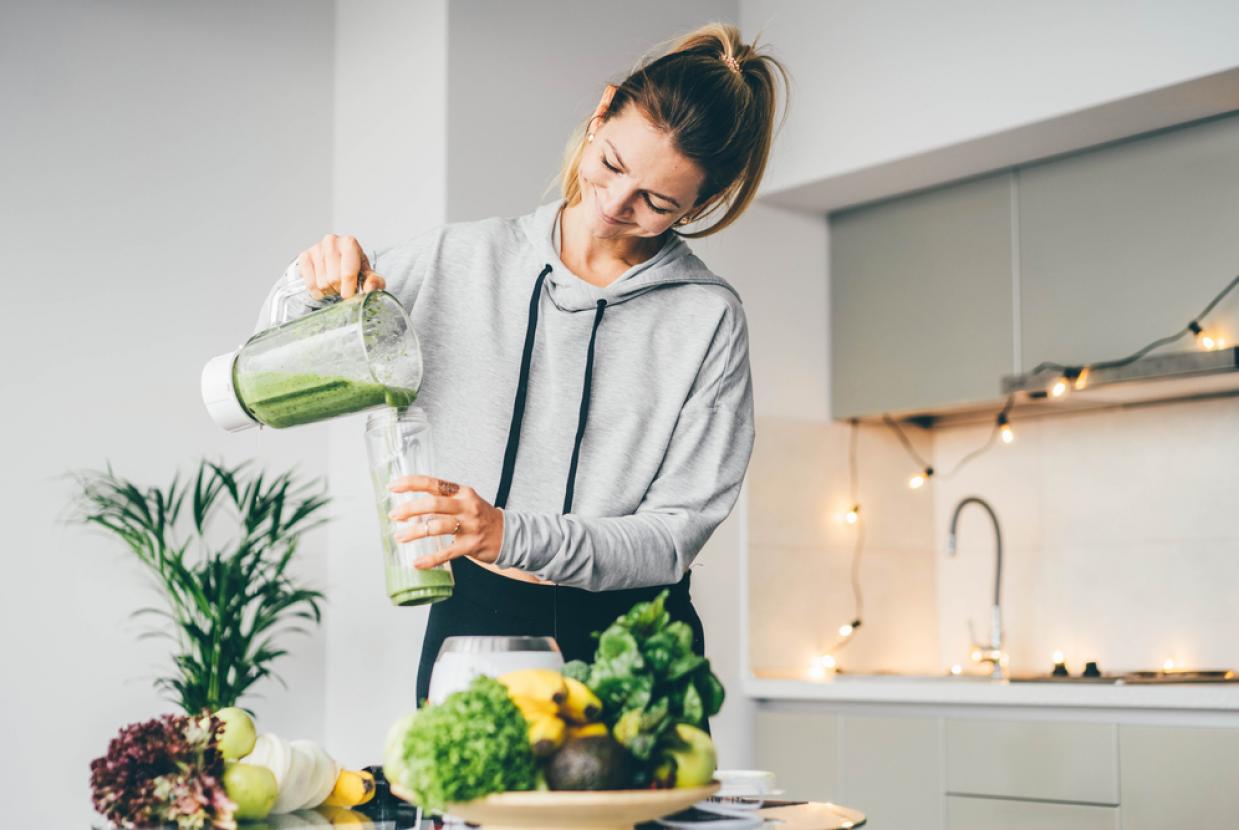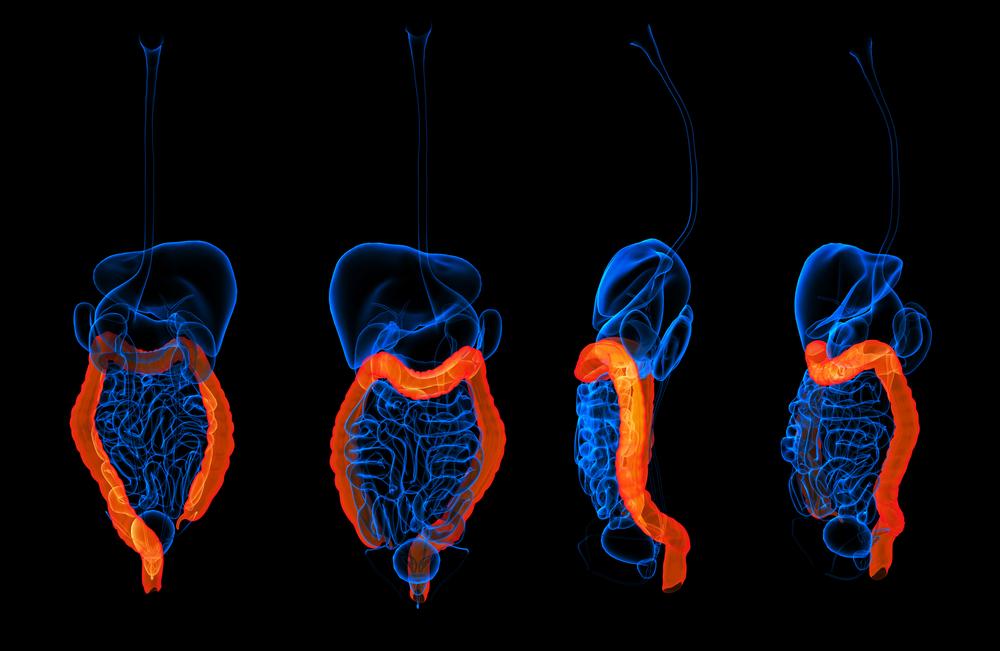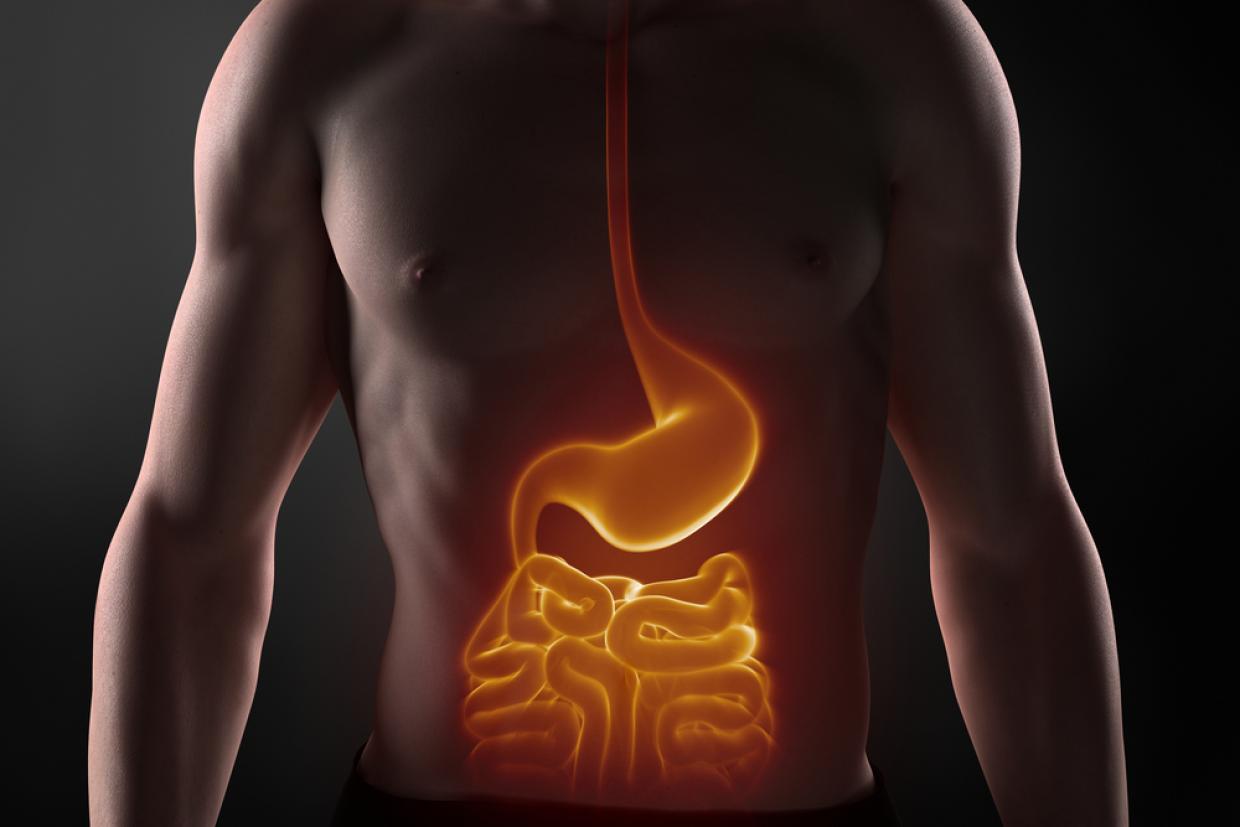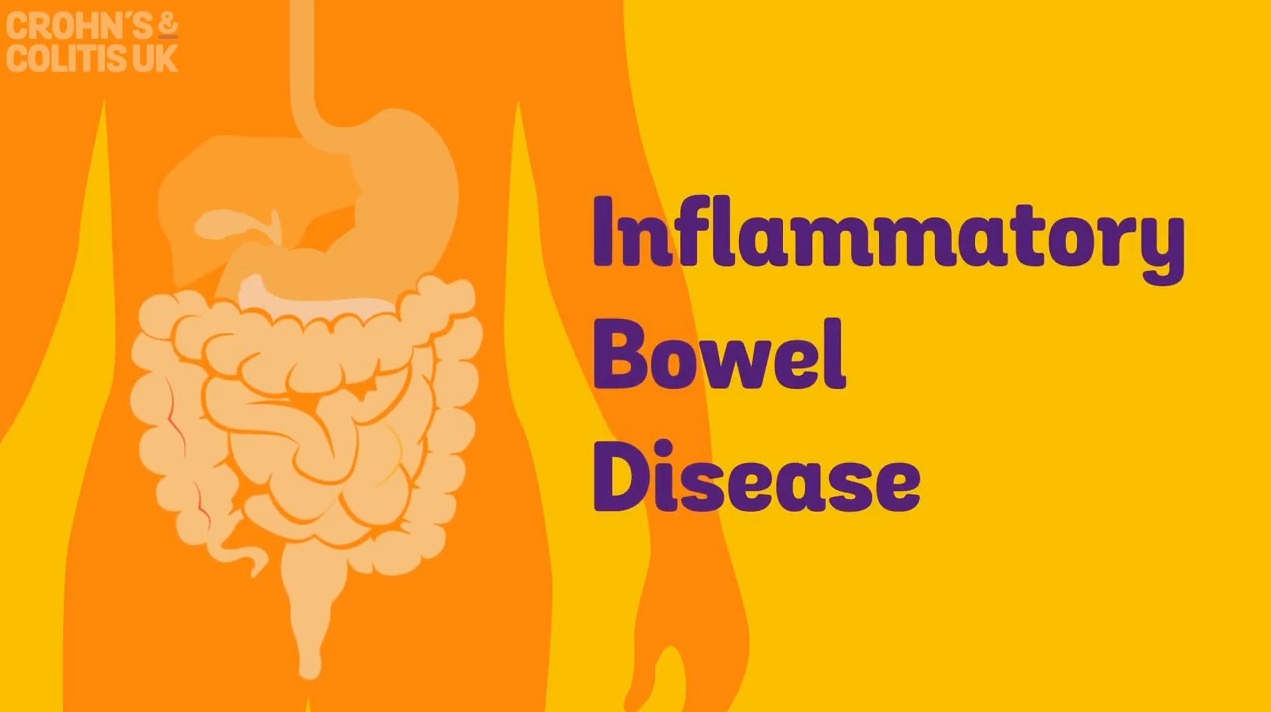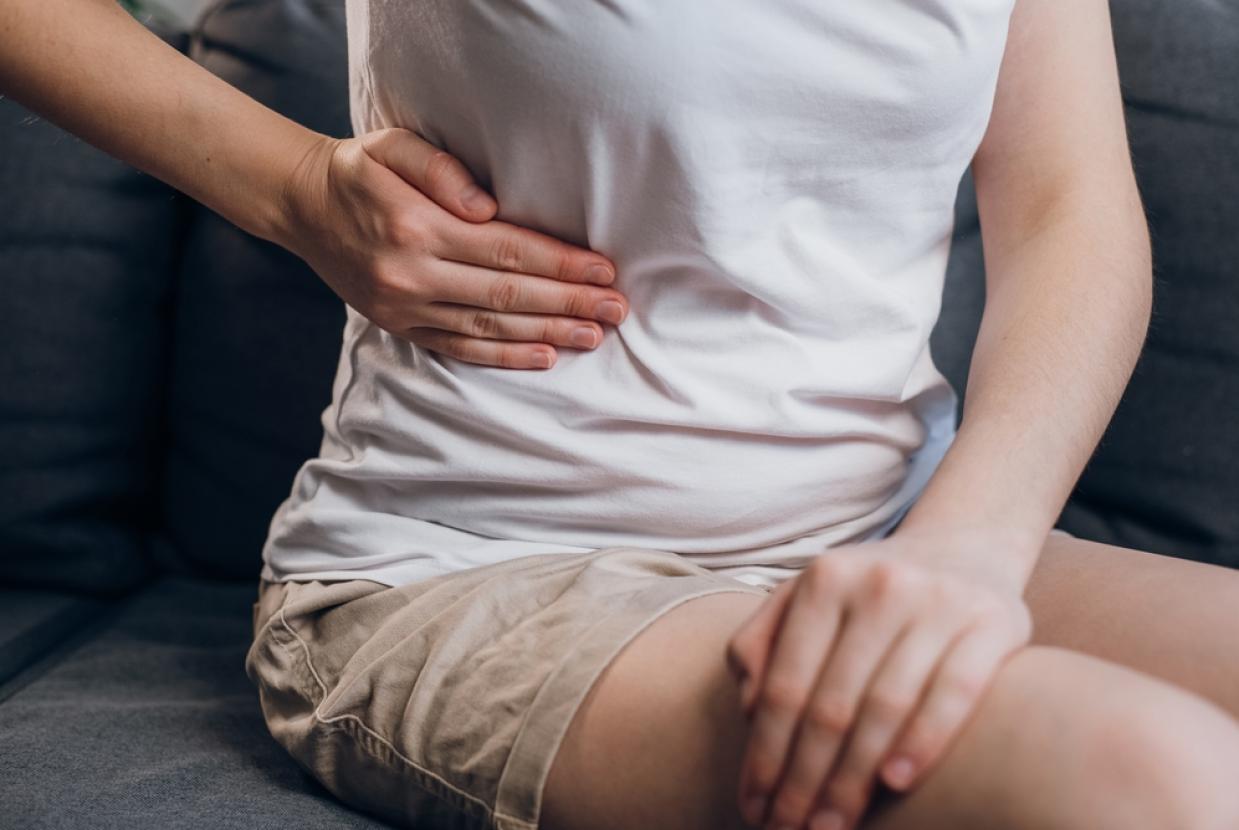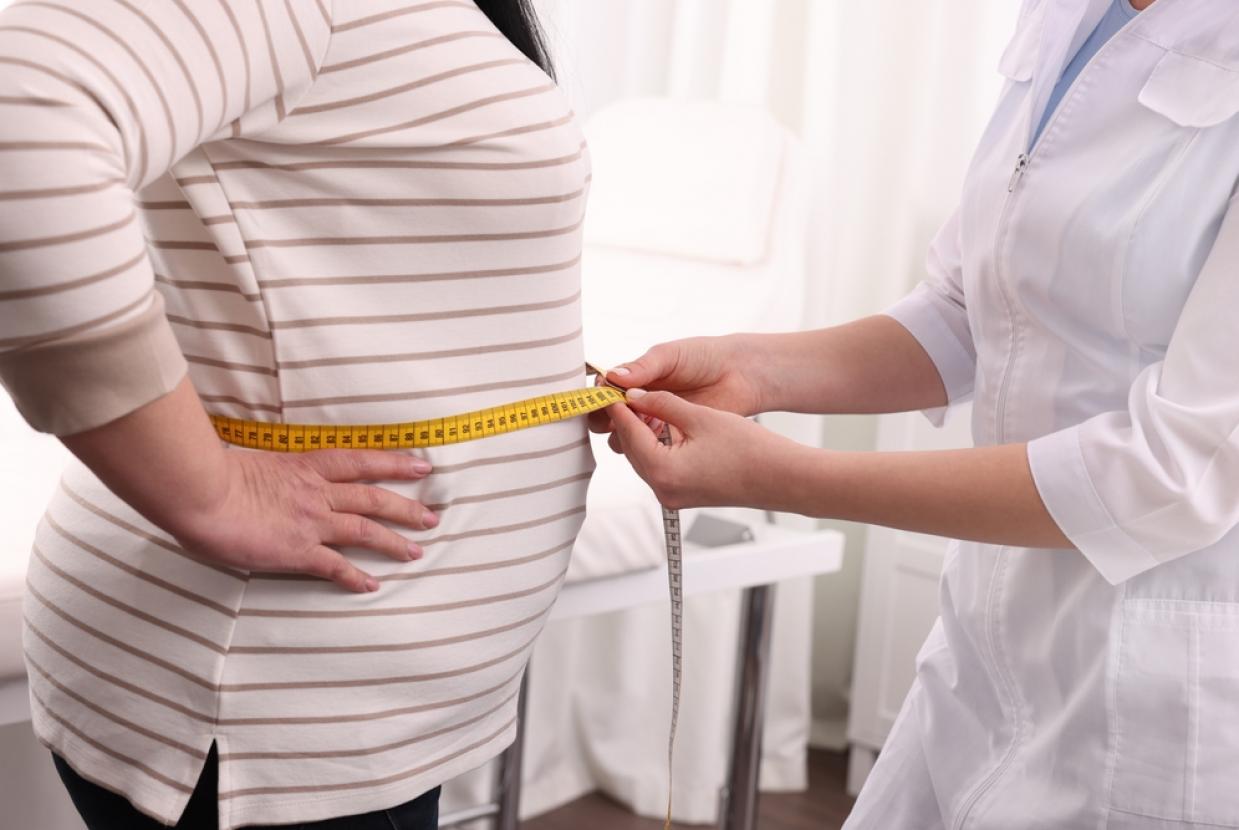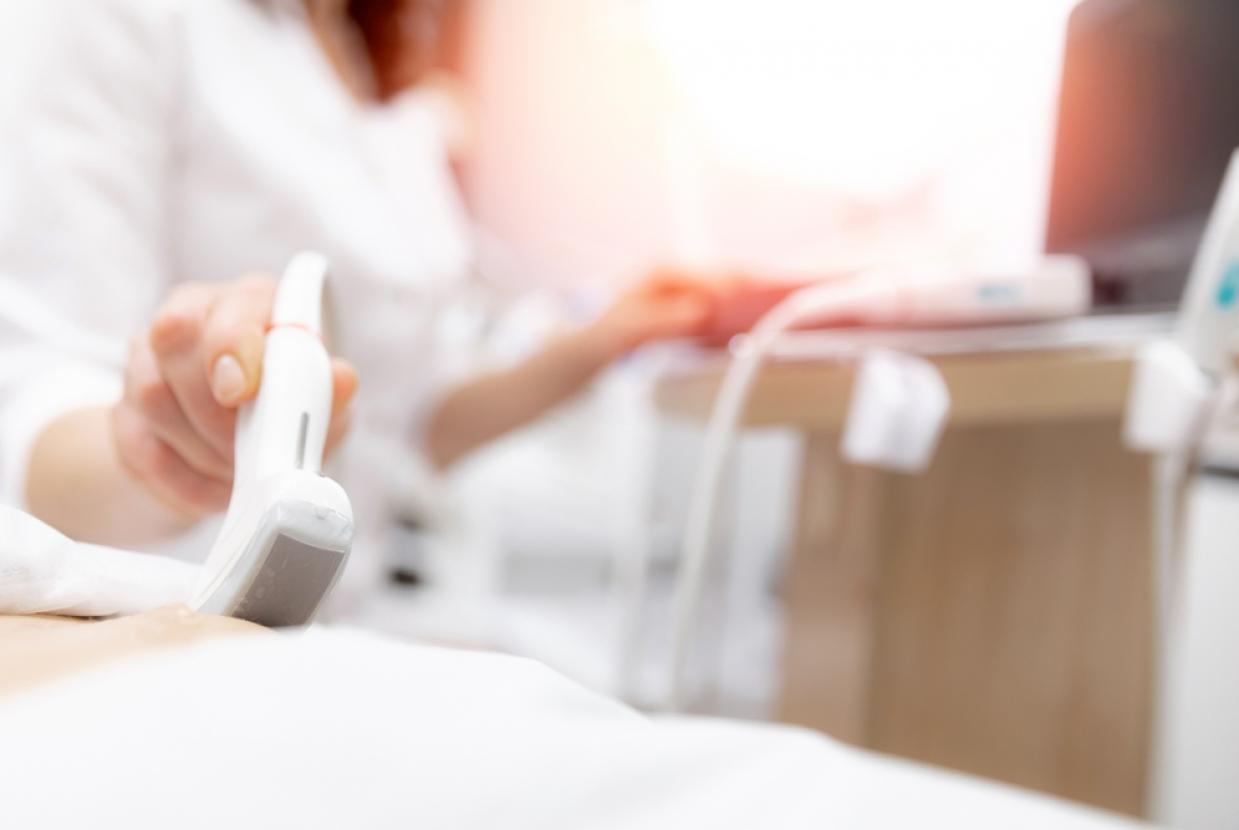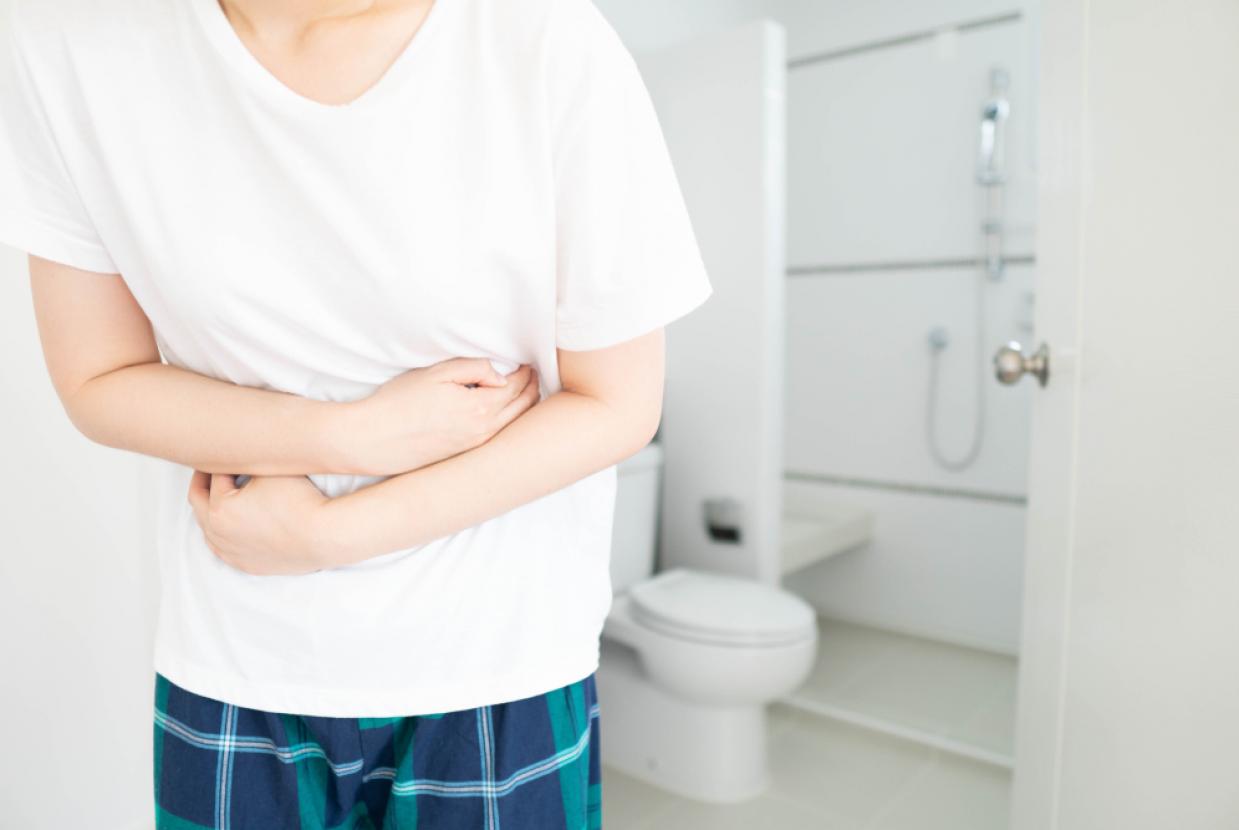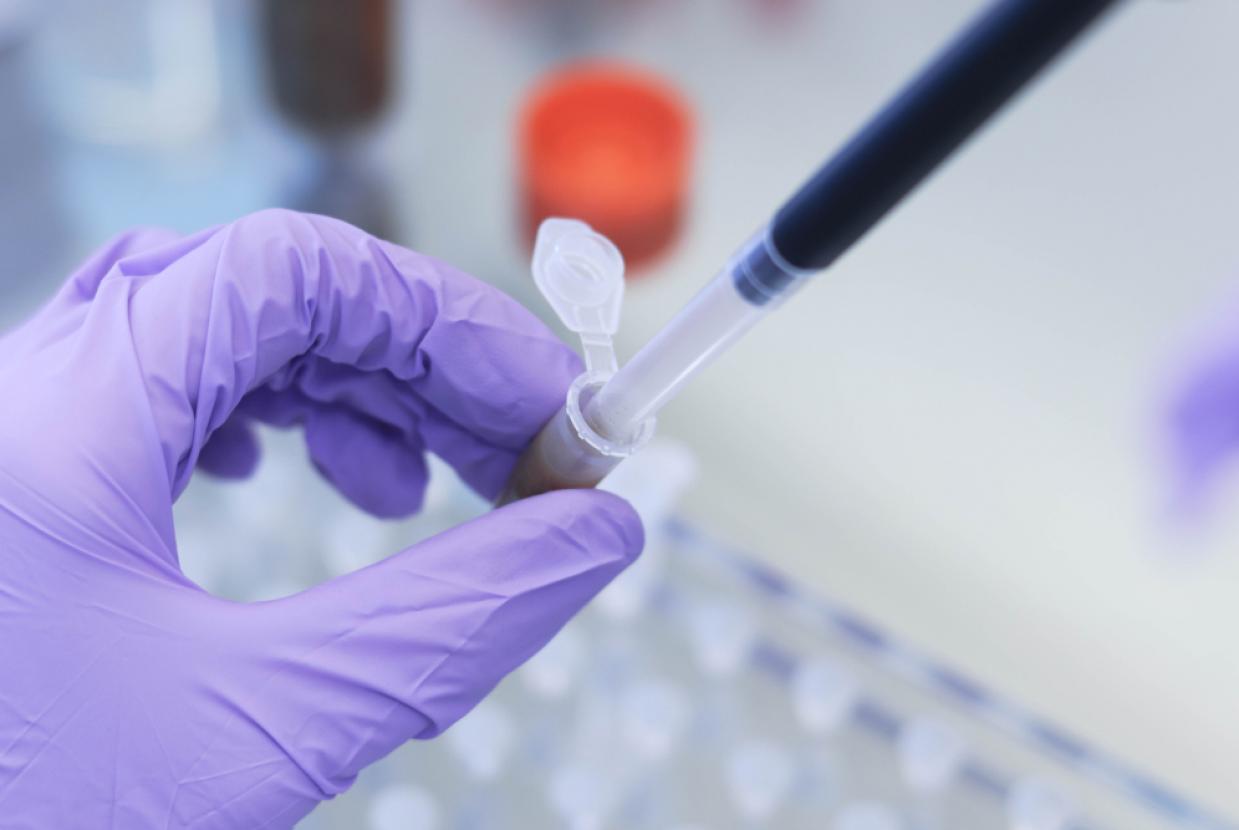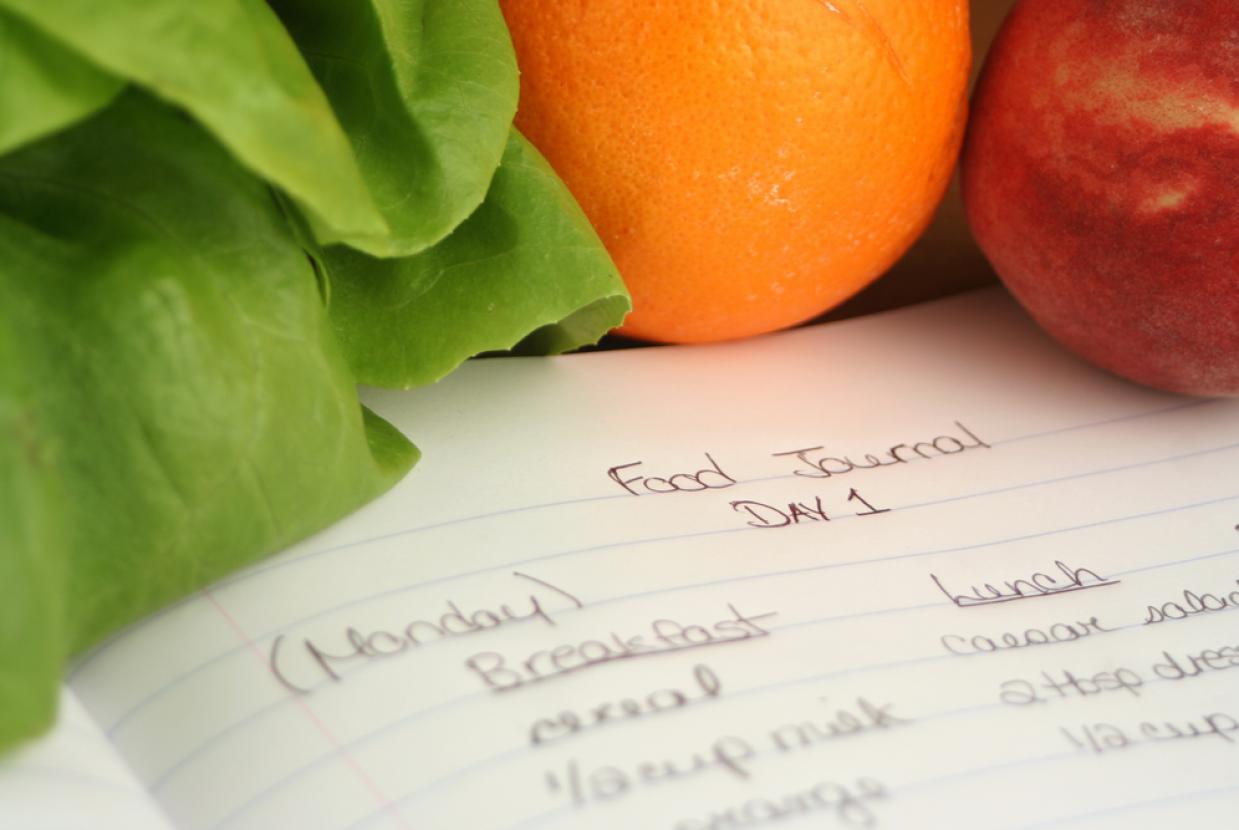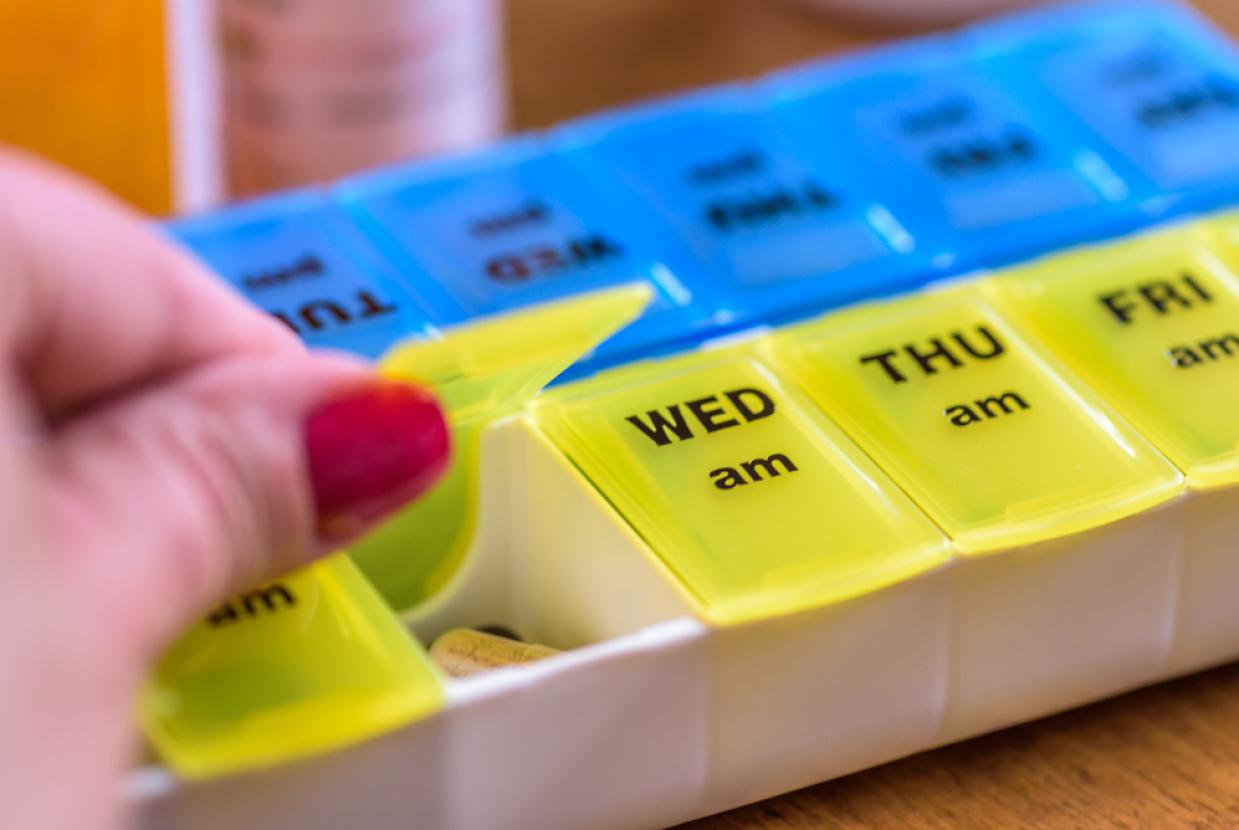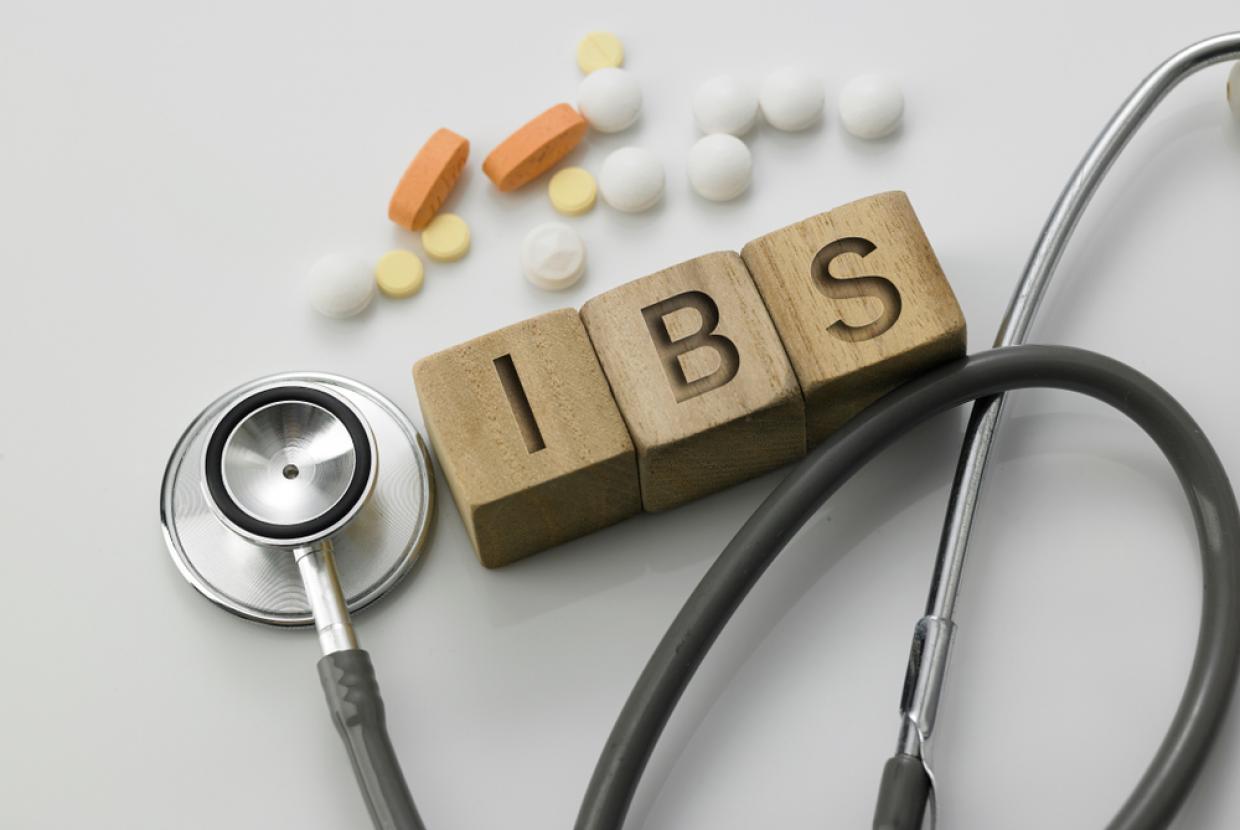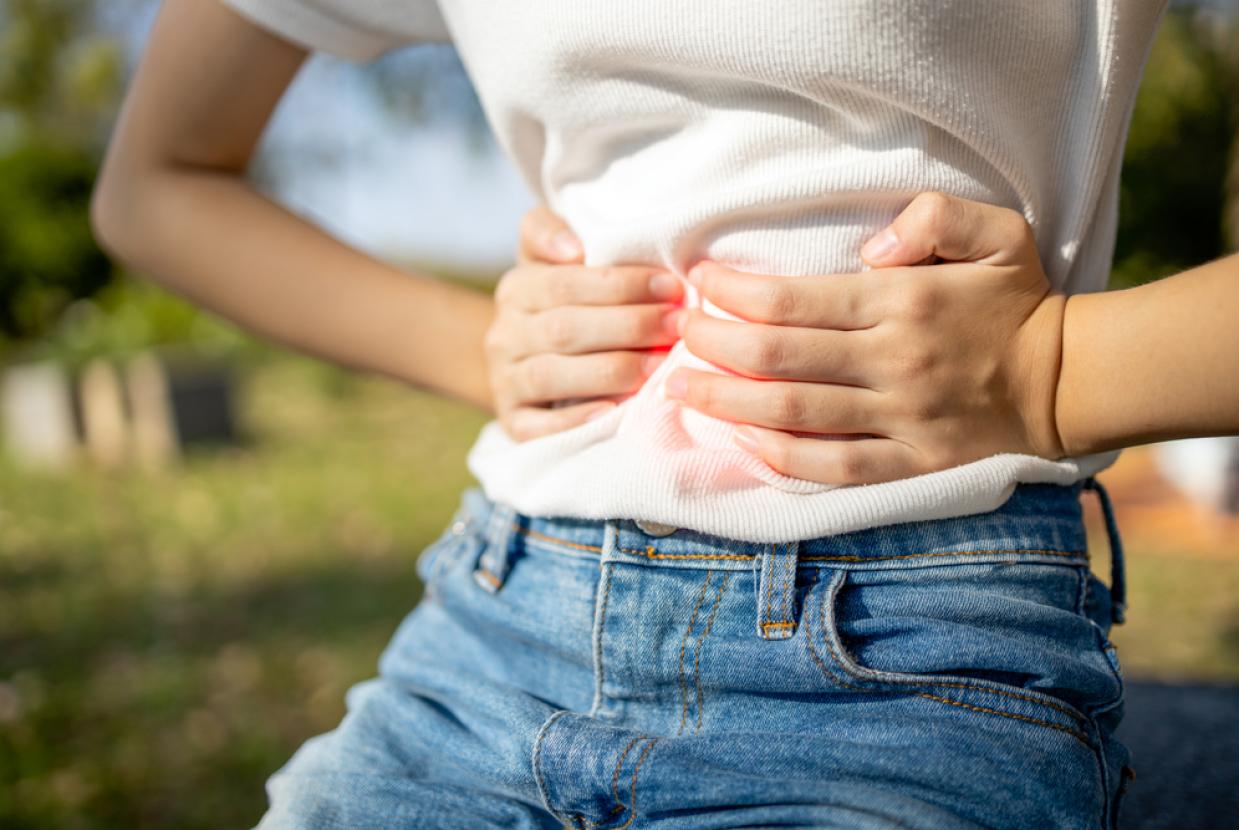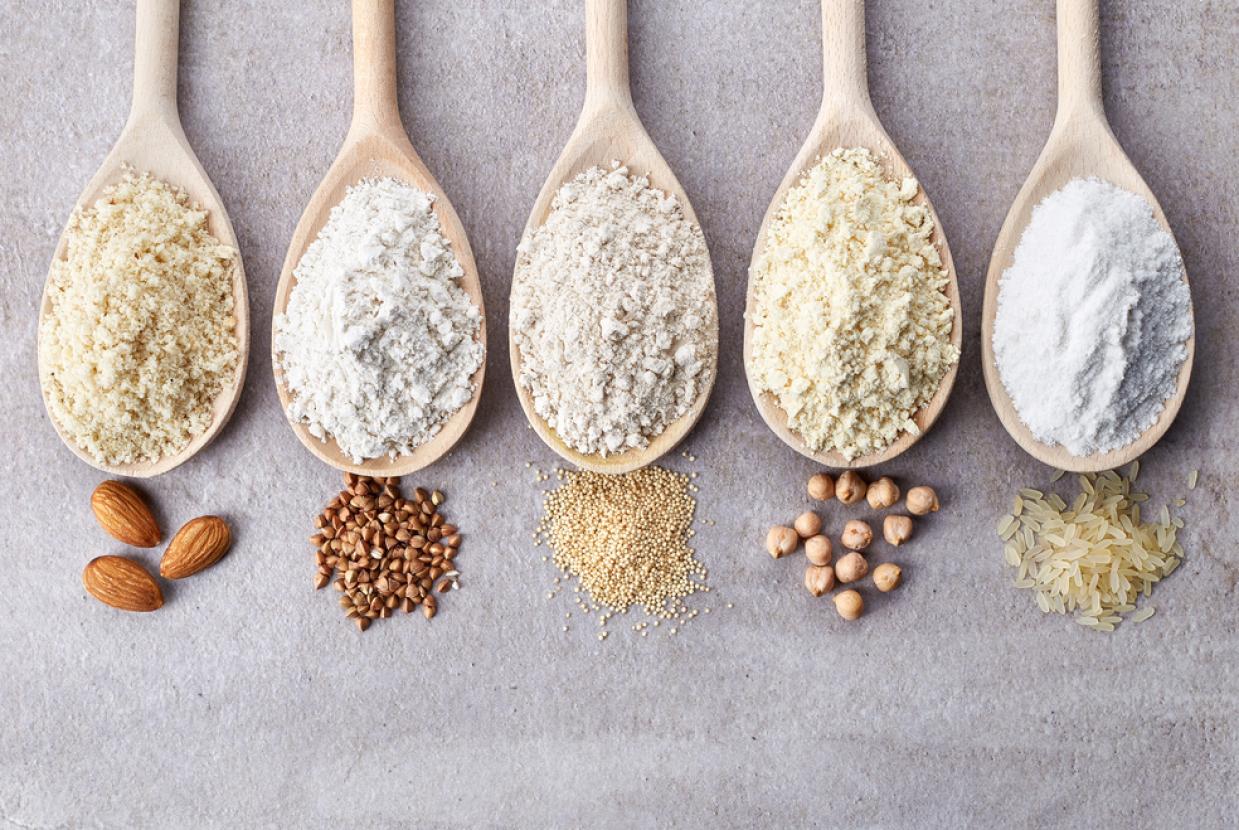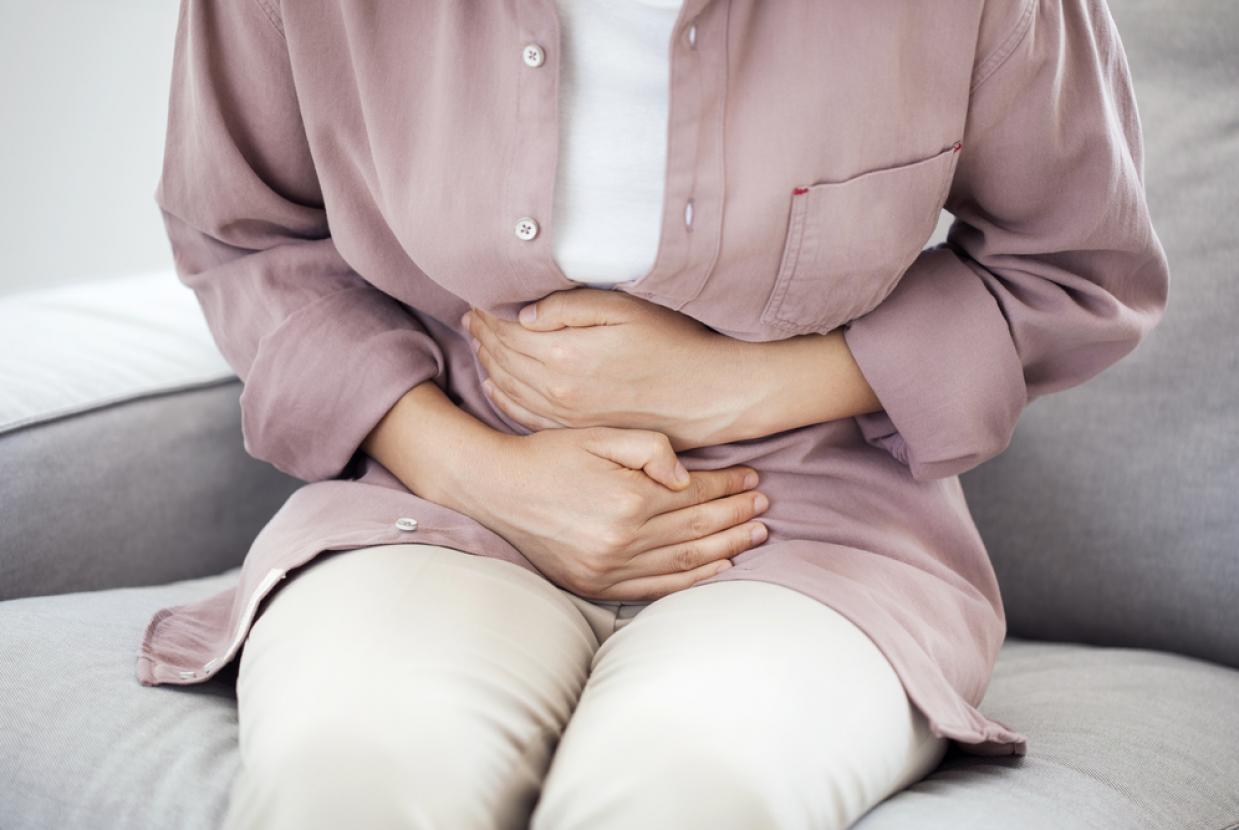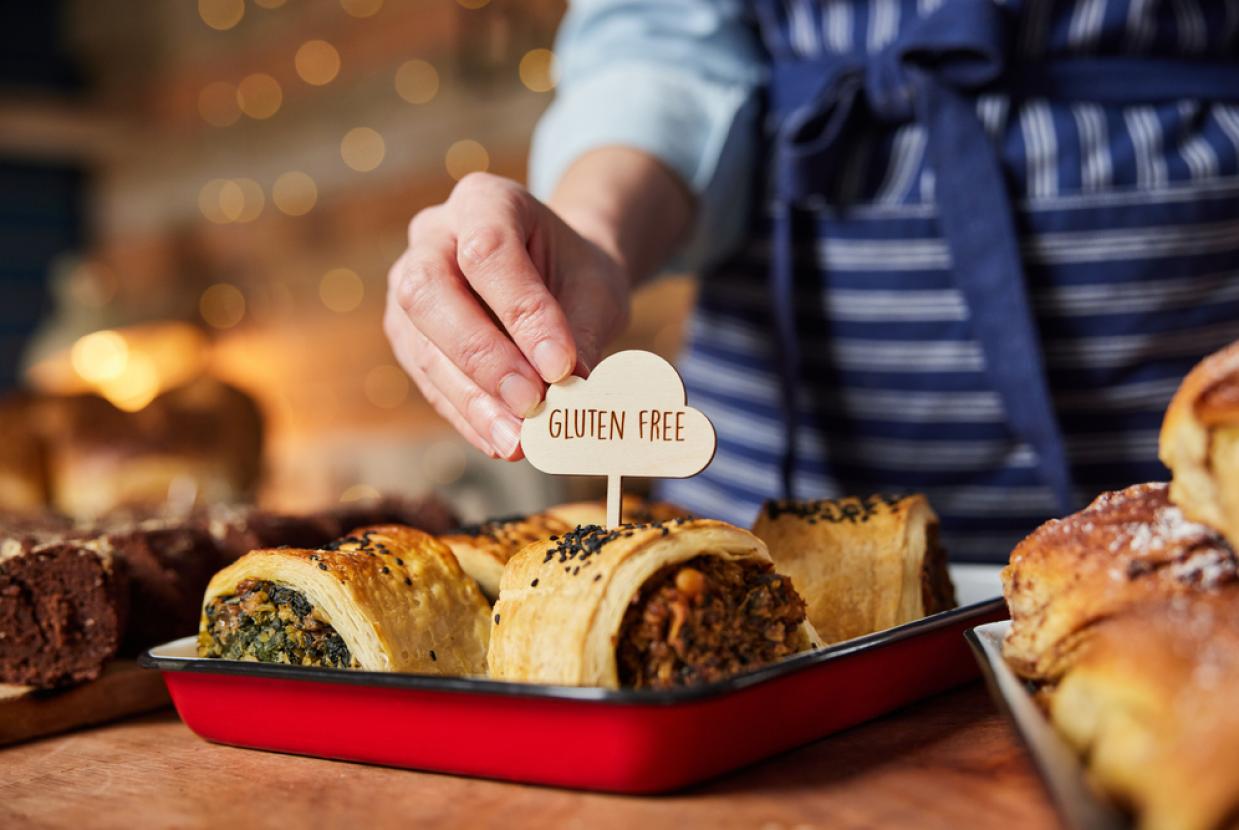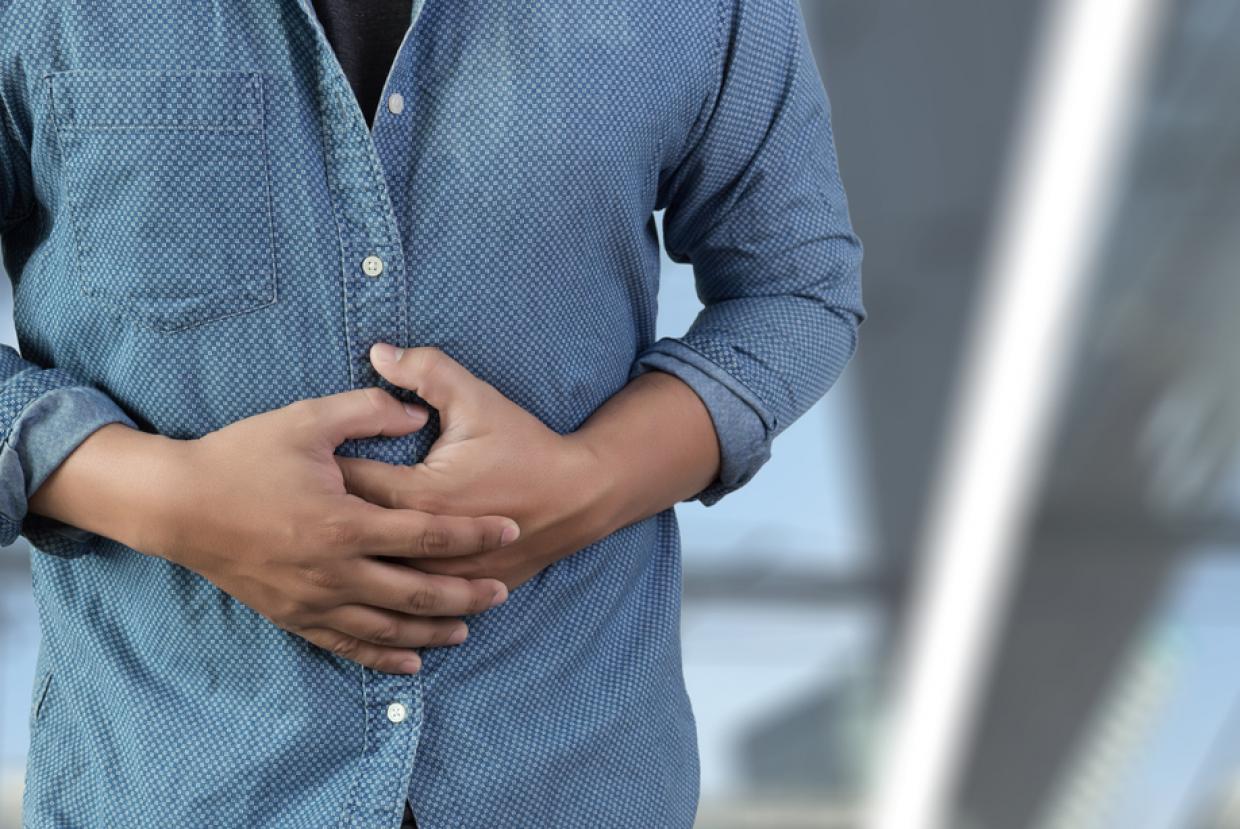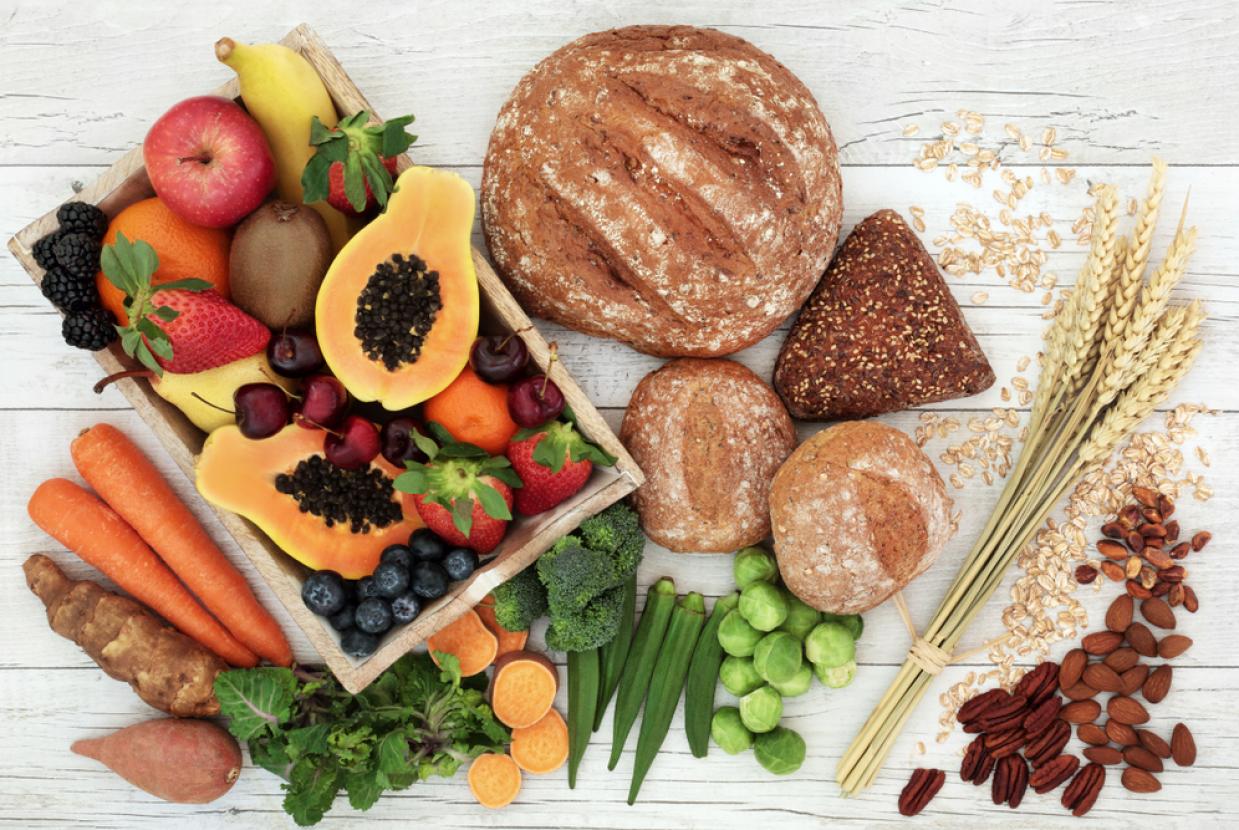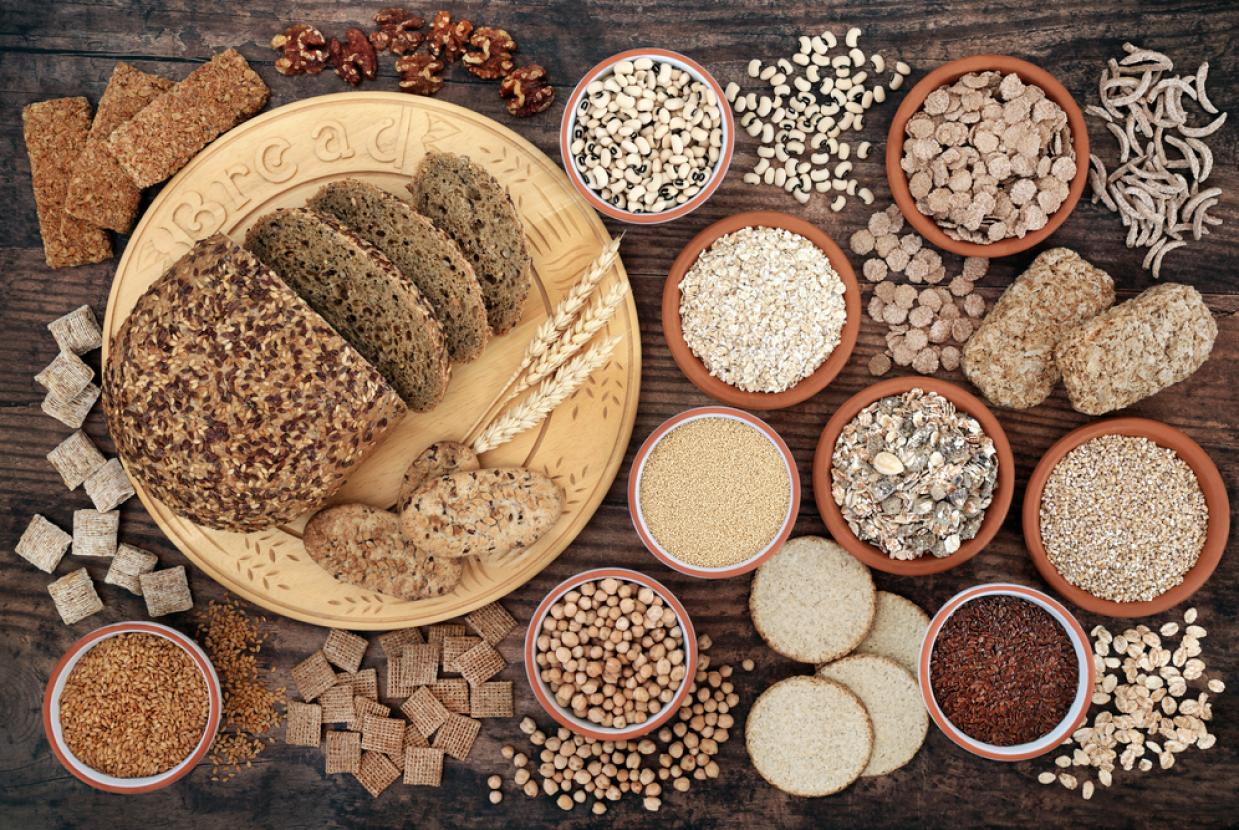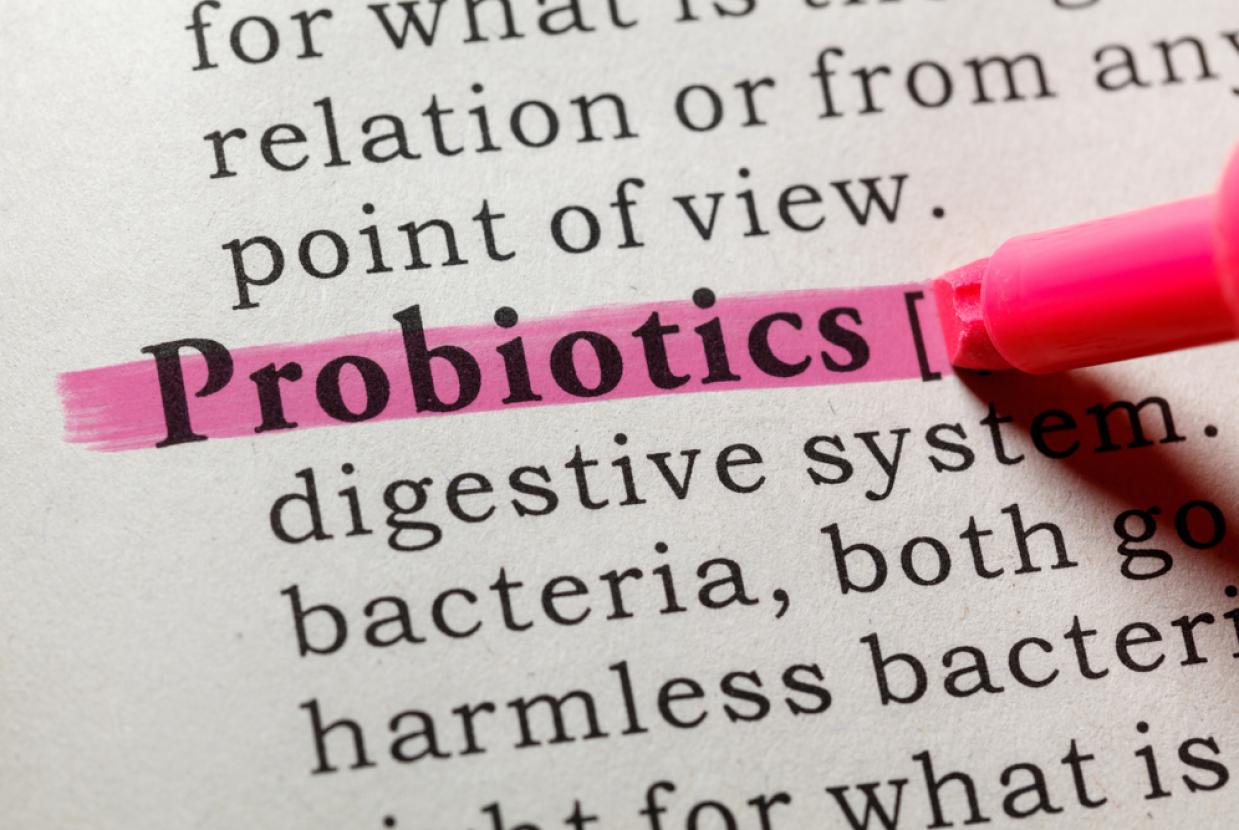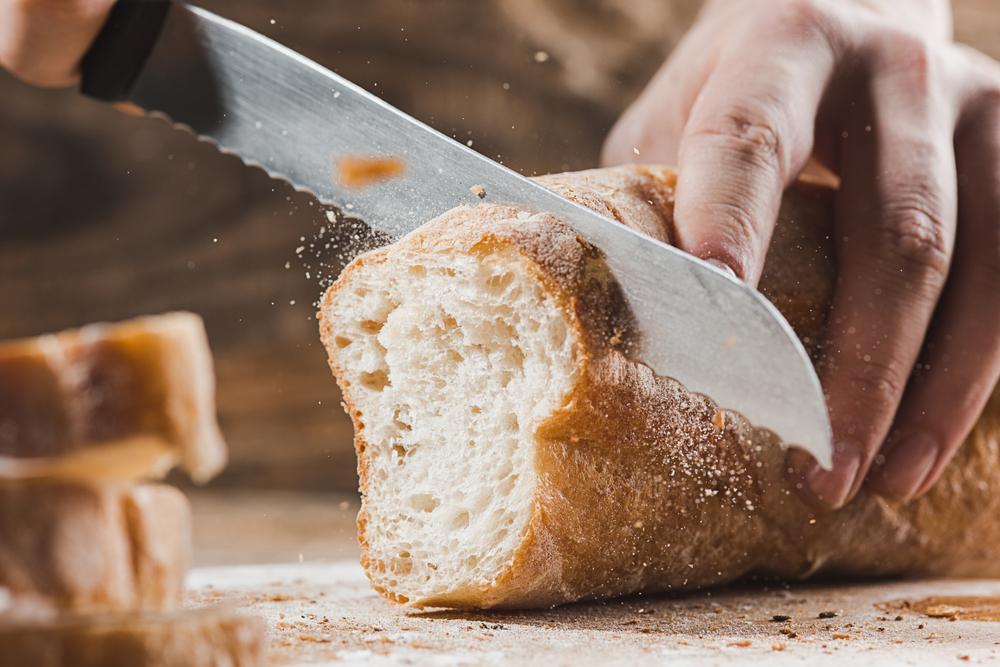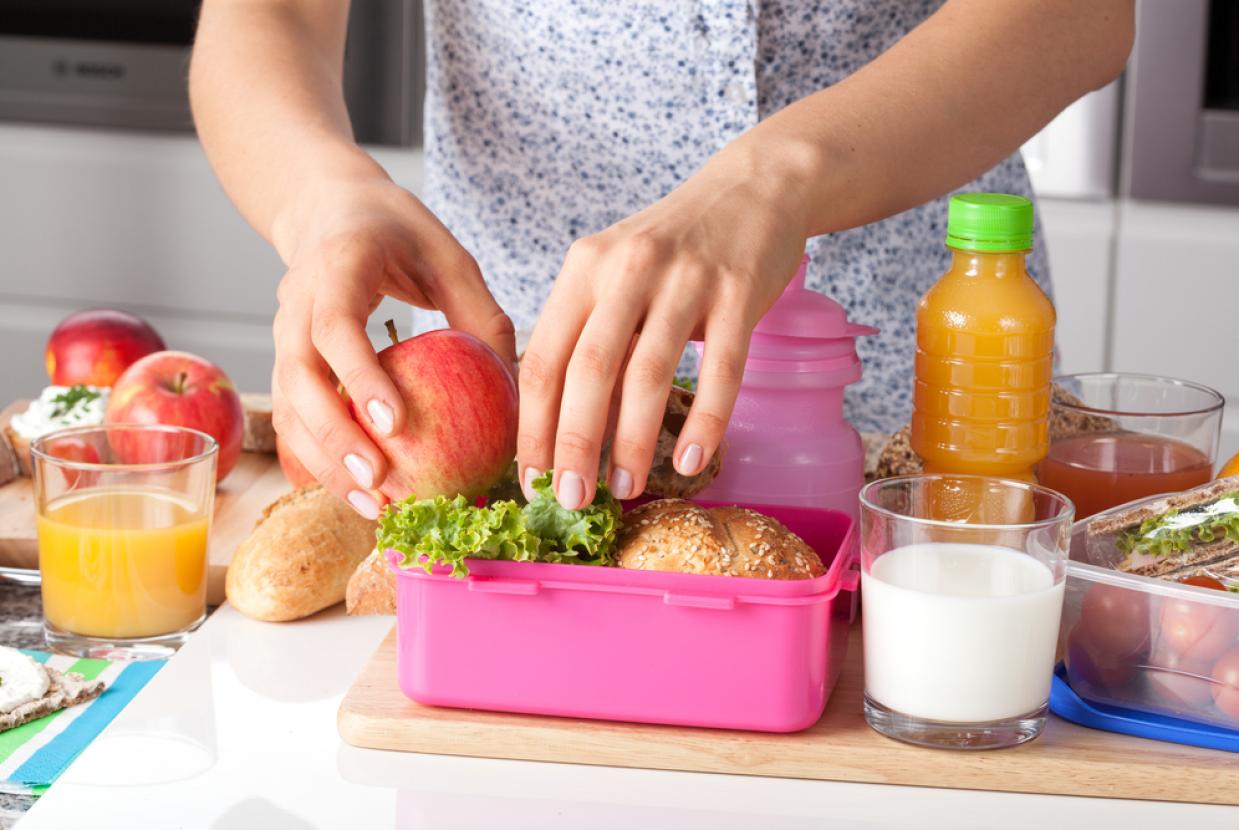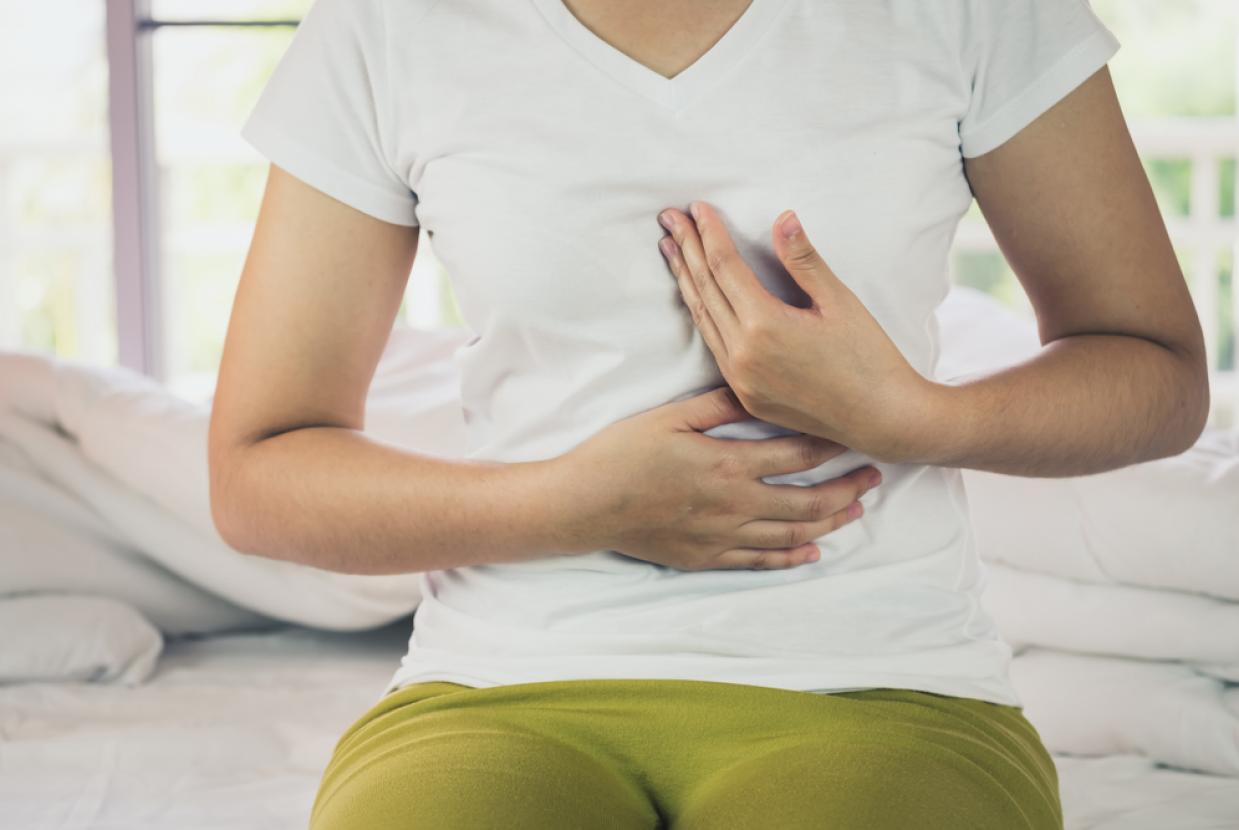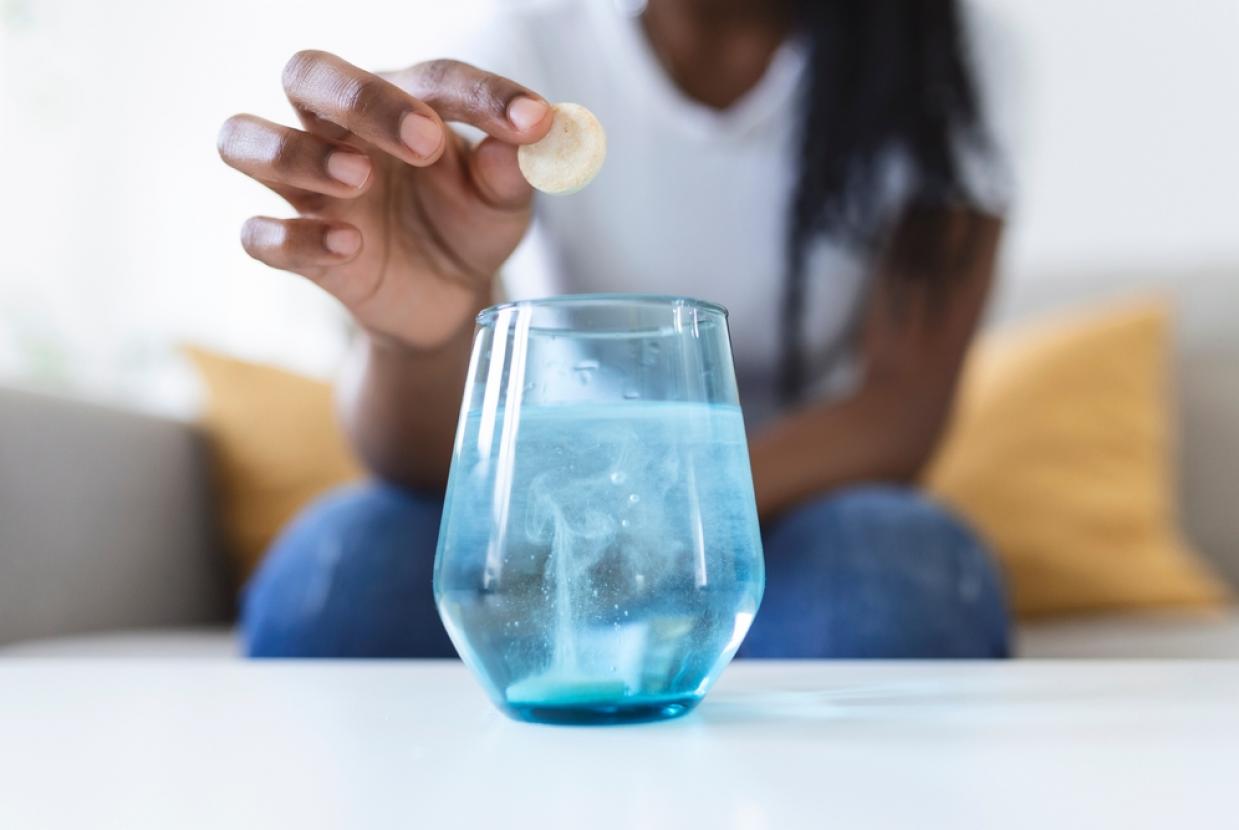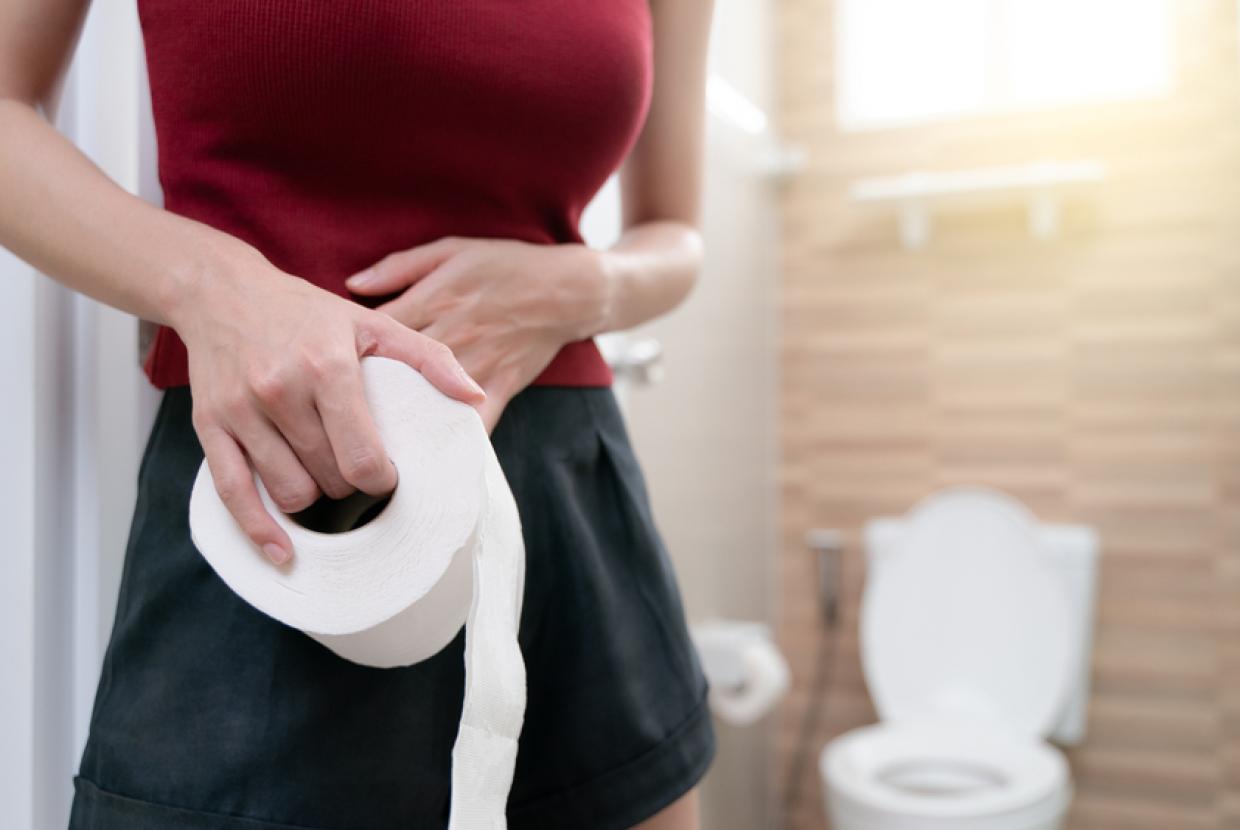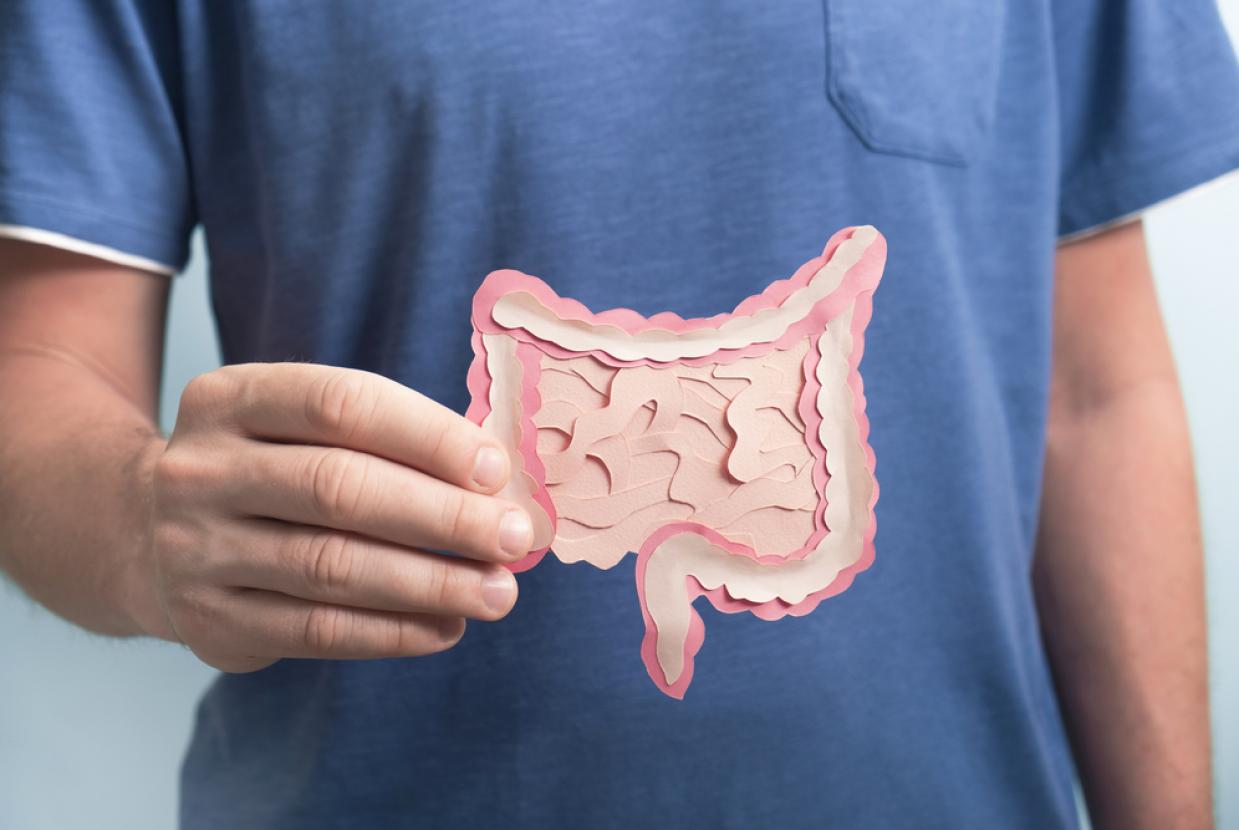Preventing Gallstones
From the limited evidence available, changes to your diet and losing weight (if you're overweight) may help prevent gallstones.
Diet
Because cholesterol appears to play a role in the formation of gallstones, it's advisable to avoid eating too many foods with a high saturated fat content. Foods high in saturated fat include:
- meat pies
- sausages and fatty cuts of meat
- butter, ghee and lard
- cream
- hard cheeses
- cakes and biscuits
- food containing coconut or palm oil
A healthy, balanced diet is recommended. This includes plenty of fresh fruit and vegetables (at least 5 portions a day) and wholegrains. There's also evidence that regularly eating nuts, such as peanuts or cashews, can help reduce your risk of developing gallstones.
Drinking small amounts of alcohol may also help reduce your risk of gallstones. But you shouldn't regularly drink more than 14 units of alcohol a week, as this can lead to liver problems and other health conditions.
Losing weight
Being overweight, particularly being obese, increases the amount of cholesterol in your bile, which increases your risk of developing gallstones. You should control your weight by eating a healthy diet and taking plenty of regular exercise.
But you should avoid low-calorie, rapid weight loss diets. There's evidence they can disrupt your bile chemistry and increase your risk of developing gallstones. A more gradual weight loss plan is recommended.


